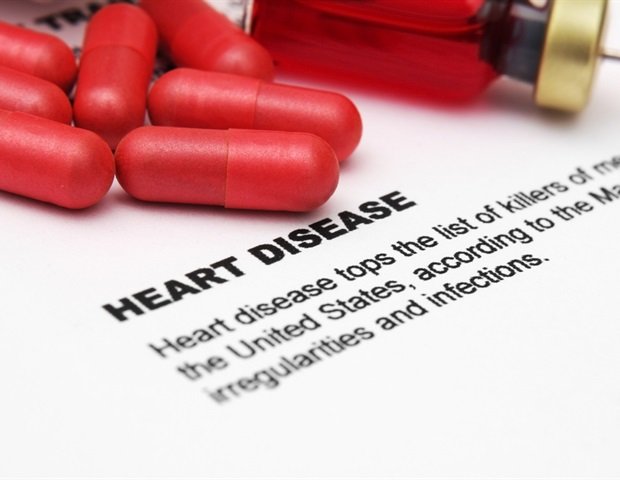Cardiovascular disease continues to be the leading cause of death worldwide, claiming millions of lives each year. Damage caused by these diseases is particularly difficult to repair, as the heart has little ability to regenerate. But what if we could reprogram the body’s own cells to repair damaged tissue? This groundbreaking question was tackled by scientists at Korea University, led by Dr. Myeong-Hwa Song. The team presented an innovative technique to convert fibroblasts – common connective tissue cells – into mature and functional induced cardiomyocytes (iCMs). Their method is based on combining fibroblast growth factor 4 (FGF4) with vitamin C, a pair that accelerates cell maturation and enhances function.
“Our findings bring us closer to turning regenerative medicine into practical treatmentssays Dr. Song, who is based in the Department of Cardiology at Korea University in Seoul, South Korea.This research takes an important step towards using a patient’s own cells to repair their heartDirect cardiac reprogramming, a process that bypasses the intermediate stem cell stage, allows fibroblasts to become iCMs. Although this approach holds considerable promise, scientists have struggled to produce mature and fully functional cardiomyocytes. The Korea University team addressed this obstacle by activating a critical cellular mechanism: the JAK2–STAT3 signaling pathway.
Through their research, the scientists used advanced techniques such as RNA sequencing, fluorescence imaging and electrophysiological testing. Their results revealed key improvements: better cell structure with well-defined sarcomeres and T-tubules, enhanced electrical activity with improved ion channel function, and higher efficiency in generating mature, fully reprogrammed cardiomyocytes. Dr. Song explained that the JAK2-STAT3 pathway was critical to these effects, enabling the induction of cells that closely mimic the structure and function of native cardiomyocytes.
This discovery, published in Experimental & Molecular Medicine on October 10, 2024, holds enormous promise for regenerative medicine. By promoting mature cardiomyocytes from the patient’s own tissue, it may one day be possible to repair damage from heart attacks or other cardiovascular diseases. Such an approach could reduce reliance on heart transplants and potentially revolutionize treatments for millions of patients.
However, further studies are needed to ensure that this method is safe and effective for clinical use. “We are thrilled with these results, but this is just the beginning,” says Professor Song.More research will be required before we can offer this approach to patients. That said, the possibilities are incredibly excitingIf translated into therapy, this technique could offer a personalized solution for heart tissue regeneration, making a major advance in the fight against cardiovascular disease.
Source:
Journal Reference:
Jun, S., et al. (2024). FGF4 and ascorbic acid enhance maturation of induced cardiomyocytes by activating JAK2-STAT3 signaling. Experimental & Molecular Medicine. doi.org/10.1038/s12276-024-01321-z.
